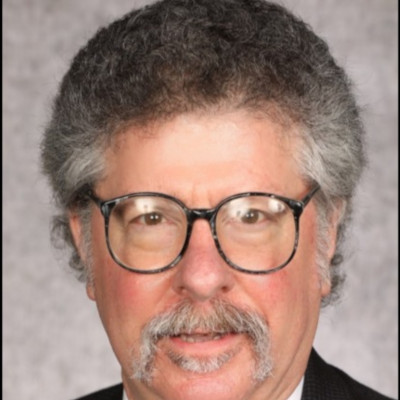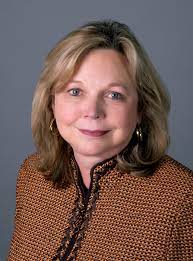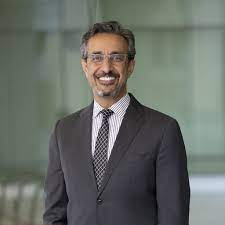BST (UTC+1)
90 Minute
Space 7 @ The Spine
This presentation of 'in Focus' features 45 minute updates on two diverse but key topics of interest to oral health educator: posterior composite teaching and the recent update to the Interprofessional Education Collaborative (IPEC) Core Competencies Document. Delegates attending this session can expect to hear of all the latest innovations and approaches suggested in these two topics.
Abstracts:
Sectional matrix solutions: the distorted truth posterior composite teaching
Recent research by Newcastle University has shown some issues relating to conventional sectional matrix techniques. A novel technique resulted in superior outcomes and was preferred by student operators. A bulk-fill composite placement technique also showed some advantages, but one disadvantage in relation to conventional layered approaches. Posterior composite technique recommendations will be suggested in light of the study findings. The aim of the session is to increase awareness of sectional matrix and bulk-fill composite techniques for direct posterior composites.
Specifically attendee will:
- Understand the advantages and disadvantages of sectional matrix systems and composite placement techniques,
- Be able to Identify and understand the common problems with sectional matrix systems,
- Suggest solutions to predictably reduce the incidence of unwanted restorative outcomes
Interprofessional Education Collaborative (IPEC): History, Core Competencies Revision Project, and implementation for collaborative care
According to the World Health Organization, interprofessional education or “IPE” occurs when students from two or more professions learn about, from and with each other to enable effective collaboration and improve health outcomes. In January 2009, six U.S. health professions associations joined forces to foster a common vision for team-based care, promote efforts to reform health care delivery and financing consonant with that vision, and contribute to development of leaders and resources for substantive interprofessional learning. The associations formed the Interprofessional Education Collaborative (IPEC) which developed and published the IPEC Core Competencies for Interprofessional Collaborative Practice. The core competencies document, which has been widely disseminated and utilized has recently undergone a comprehensive revision process that will result in the third version of the IPEC Core Competencies. The revision process was highly inclusive of all IPEC members. A very structured and iterative approach was developed and implemented that regularly considered input from a wide range of stakeholders. Among more detailed revisions, some of the broader constructs that are now included in the current version are diversity, equity and inclusion, interprofessional leadership, the concept of One Health, the importance of wellbeing and resilience, and the practice of team science. Although the IPEC Core Competencies have been extensively utilized in health professions didactic curricula, the ability to regularly provide students with meaningful interprofessional, collaborative care experiences in clinical settings have been challenging. The creation of a new, innovative clinical and academic facility at one US academic institution to address this challenge will be described. The facility is designed to provide comprehensive primary health care services to the public, while providing an integrated clinical learning environment for students to obtain collaborative care experiences.
| 11:30 |
Welcome |
| 11:35 |
Sectional matrix solutions: the distorted truth posterior composite teaching |
| 12:15 |
Interprofessional Education Collaborative (IPEC): History, Core Competencies Revision Project, Project, and Implementation for Collaborative Care Karen P. West, Jeffery C. B. Stewart, Nader A. Nadershahi, D.D.S., M.B.A., Ed.D., American Dental Education Association |
| 13:05 |
Closing Remarks |









